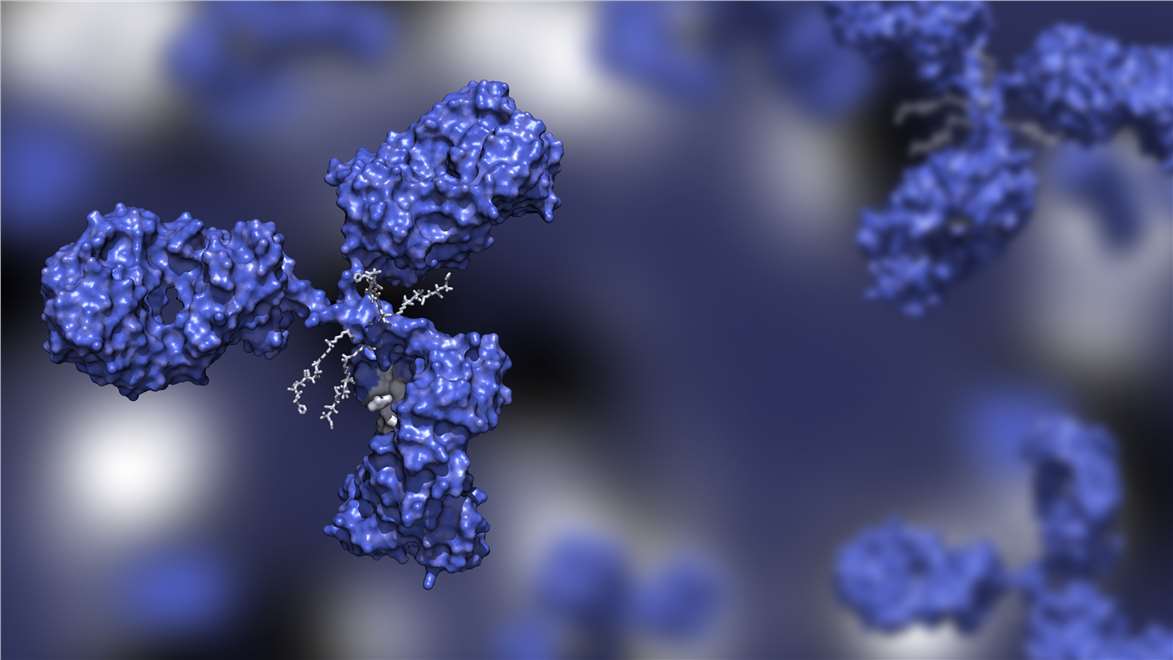Immune checkpoints are a class of signaling pathway molecules produced by immune cells that are responsible for regulating immune response persistence and immune tolerance and play a role in autoimmune diseases as well as in cancer immunosurveillance through stimulatory or inhibitory modulation of immune cell activation. Over the past decade, tumor immunotherapy has disrupted the traditional concept of treatment. With the excellent role of immune checkpoints such as PD1/PDL1 in tumor therapy, immune checkpoints have gained widespread attention and become a hot research topic. This has even brought new hope to the treatment of tumors and other diseases. Immune checkpoints can be either stimulatory or inhibitory, with co-stimulatory proteins transmitting signals to promote immune responses to pathogens and inhibitory on the contrary. Based on our rich field experience and phage display platform, Creative Biolabs provides comprehensive services to support custom agonistic antibodies and checkpoint agonistic antibodies.
 Fig 1. Antibodies.
Fig 1. Antibodies.
Among the different branches of targeted drugs, monoclonal antibody drugs have gradually become one of the most shining jewels by virtue of their high specificity and targeting. And immune checkpoint agonists are able to activate immune cells, which is a longer lasting and more effective force against cancer. More novel checkpoint agonist antibodies for agonist antibody therapy are entering clinical trials, including CD27, CD40, OX40, GITR, and ICOS, which are usually immunoglobulin or tumor necrosis factor receptor (TNFR) superfamily. Tumor necrosis factor superfamily members have been the target of many family tumor immunology drug studies due to their ability to modulate intrinsic and adaptive immune cell interactions such as activation, inhibition, and even apoptosis.
Immune checkpoint agonists play an important role in the field of disease treatment, such as anti-cancer specific antibodies and agonistic autoantibodies. They have brought new hope for attacking cancer and immune diseases.
It is well known that PD-1 antibody inhibitors are a great treatment for cancer. However, with further research, scientists have discovered that PD-1 also has the potential to treat autoimmune diseases. Autoimmune diseases are diseases such as rheumatoid arthritis, psoriasis, and systemic lupus erythematosus. These diseases are caused by an overpowered immune system that kills foreign pathogens as well as its own tissues. Since PD-1 inhibits the function and proliferation of T-cells, which are the guardians of the immune system, and prevents the immune system from becoming too strong and killing the body, PD-1 inhibitors allow the immune system to be turned on to its fullest potential, thereby killing cancer cells. However, the side effect of this is that your own tissues are also killed. In fact, some immune-related side effects have been found to occur during the use of PD-1 inhibitors. This leads us to the realization that PD-1 has a dual role. On the one hand, inhibiting PD-1 brings about immune enhancement, which can treat cancer. On the other hand, activating PD-1 brings about immunosuppression, which can be applied to autoimmune diseases. As early as two decades ago, Dutch pharmaceutical companies started to develop PD-1 agonists for autoimmune diseases such as rheumatoid arthritis. Although the expected results were not obtained, this also confirms the potential of PD-1 agonists for autoimmune disease treatment. Many large pharmaceutical companies now lay out pipelines of PD-1 agonists, some of which are already in clinical trials. Therefore, PD-1 agonists have good potential and prospects for the treatment of autoimmune diseases.
More Details on Agonistic Antibody Discovery by Phage Display
Introduction to Checkpoint Agonistic Antibody Discovery by Phage Display
Introduction to Agonistic Autoantibody Discovery by Phage Display
Creative Biolabs has a wealth of knowledge and experience in phage display. We would be happy to share with you our knowledge and experience in agonistic antibody discovery by phage display.
All listed services and products are For Research Use Only. Do Not use in any diagnostic or therapeutic applications.